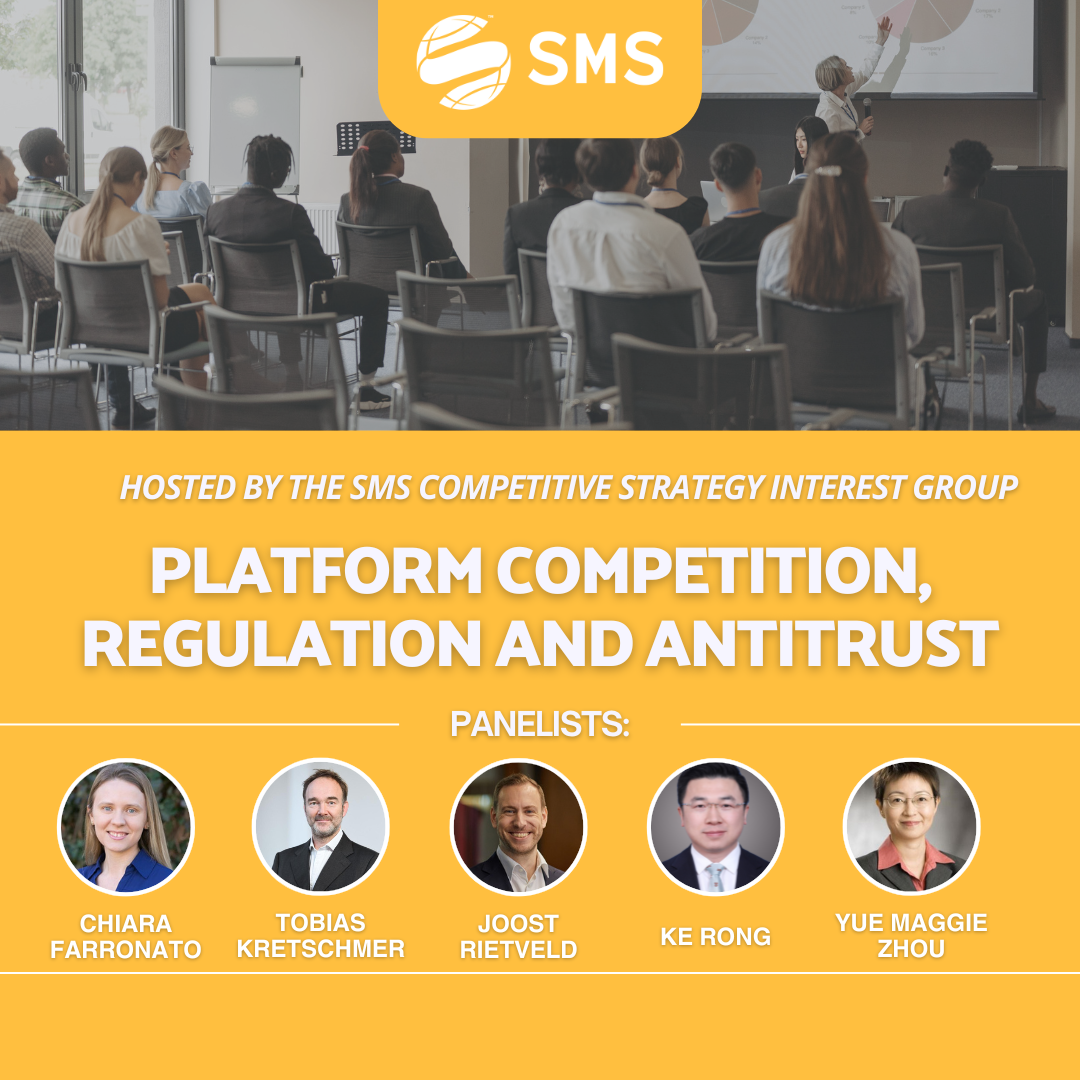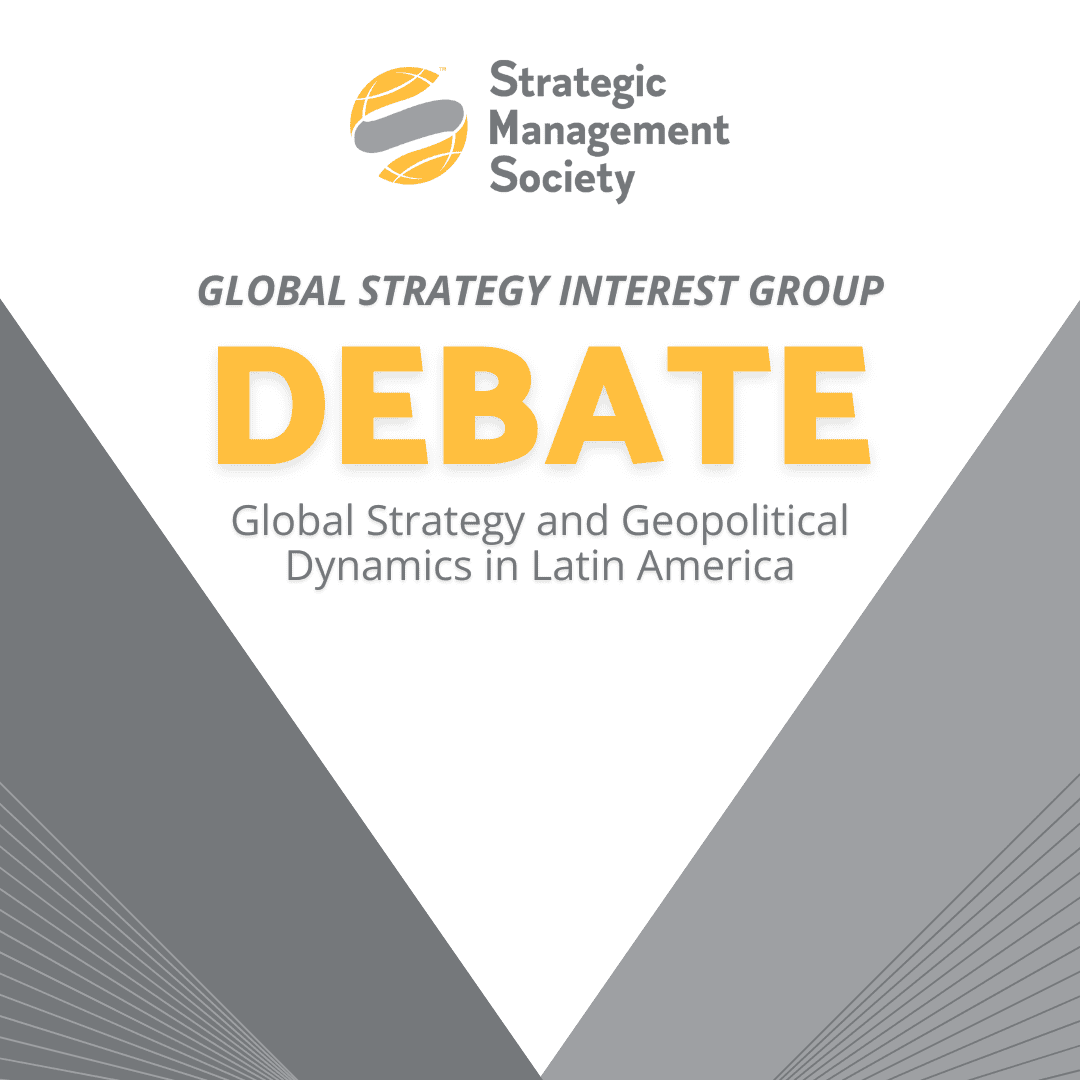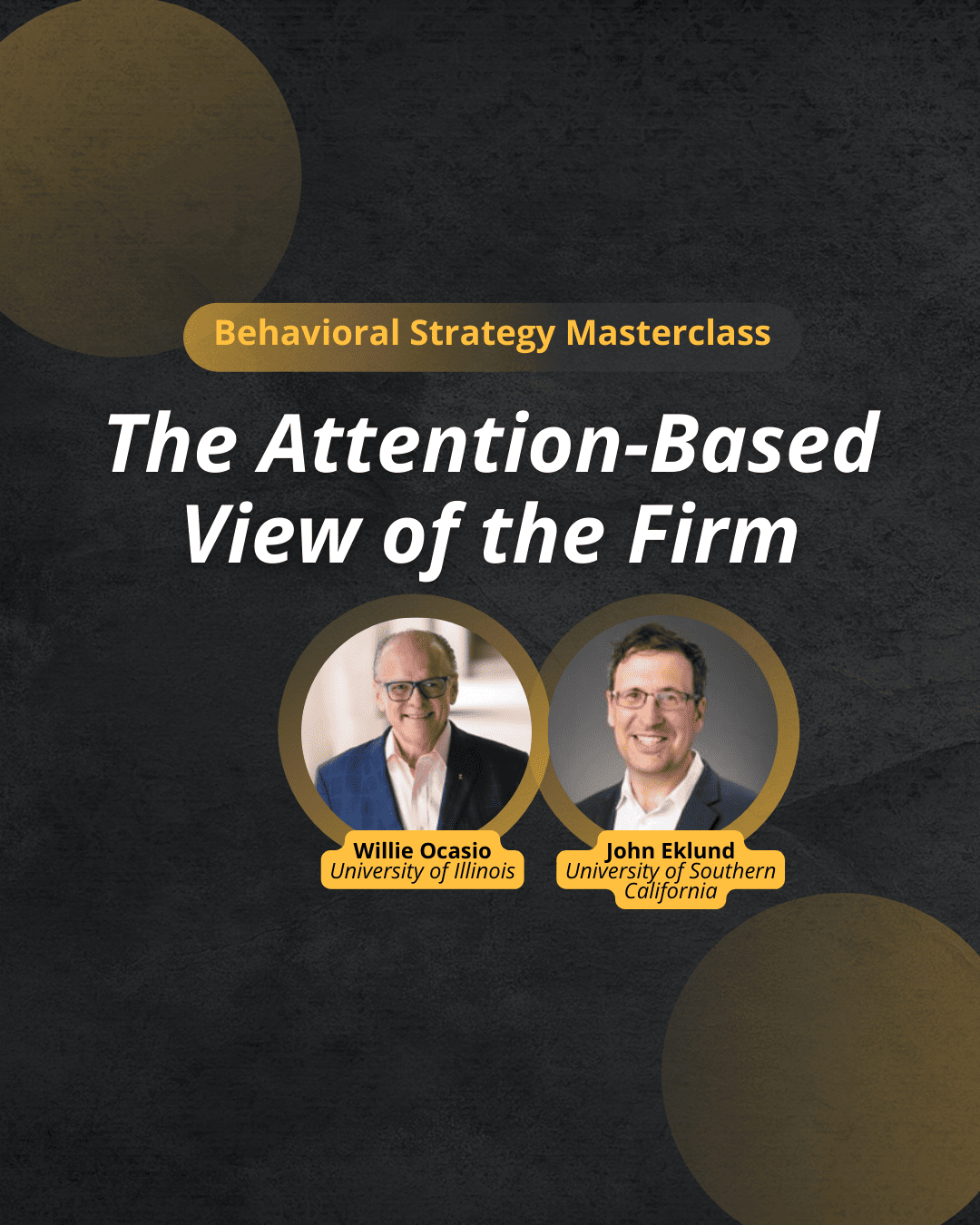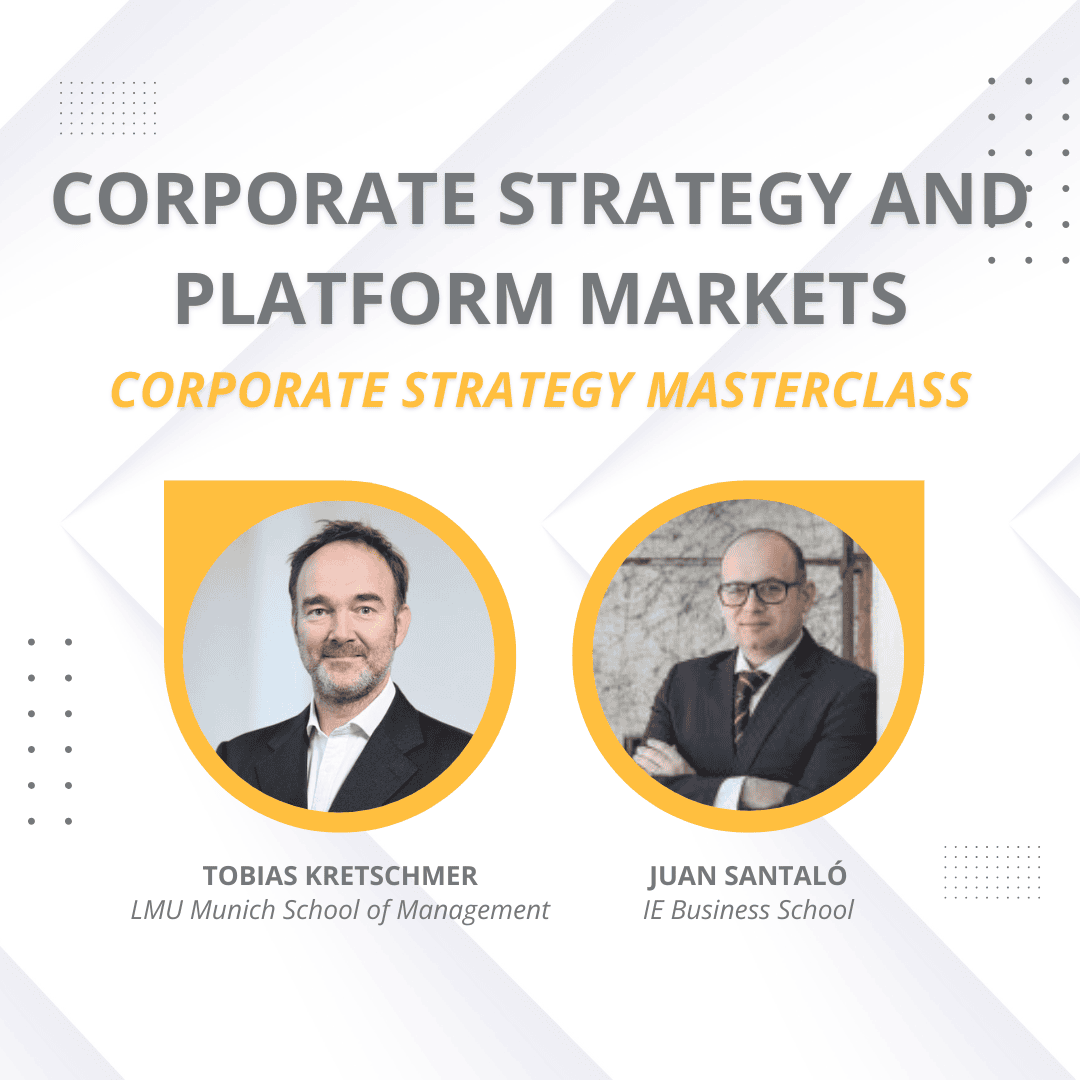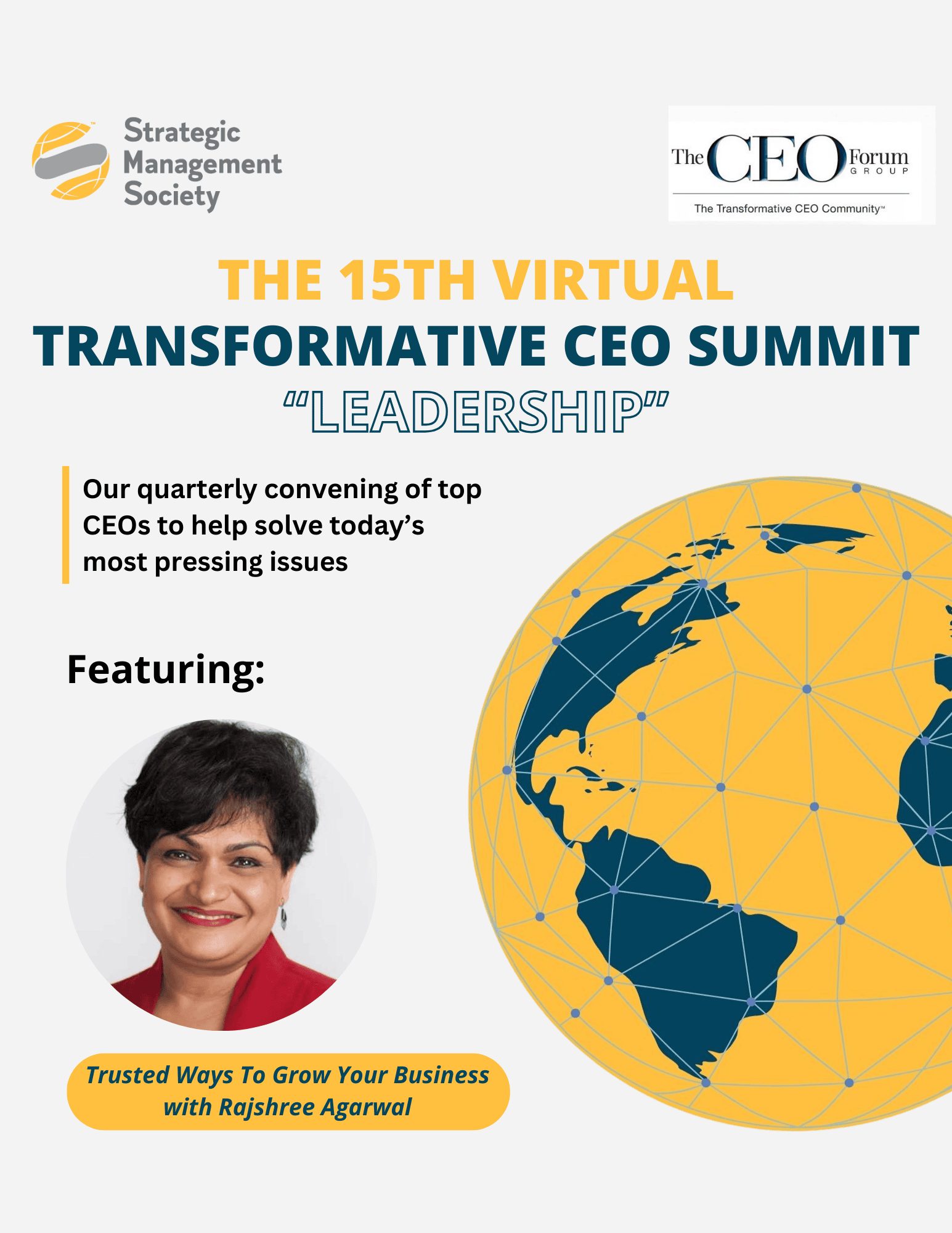Upcoming Webinars
A NOTE ABOUT SMS WEBINARS
We're excited to offer non-members access to SMS Webinars for a small fee. Don't miss this opportunity to engage with industry experts and peers. SMS Members receive complimentary registration with their current Membership.
Register now for our upcoming webinars and be part of our dynamic learning community!
Sorry, we couldn't find any upcoming webinars. Please check back later.
